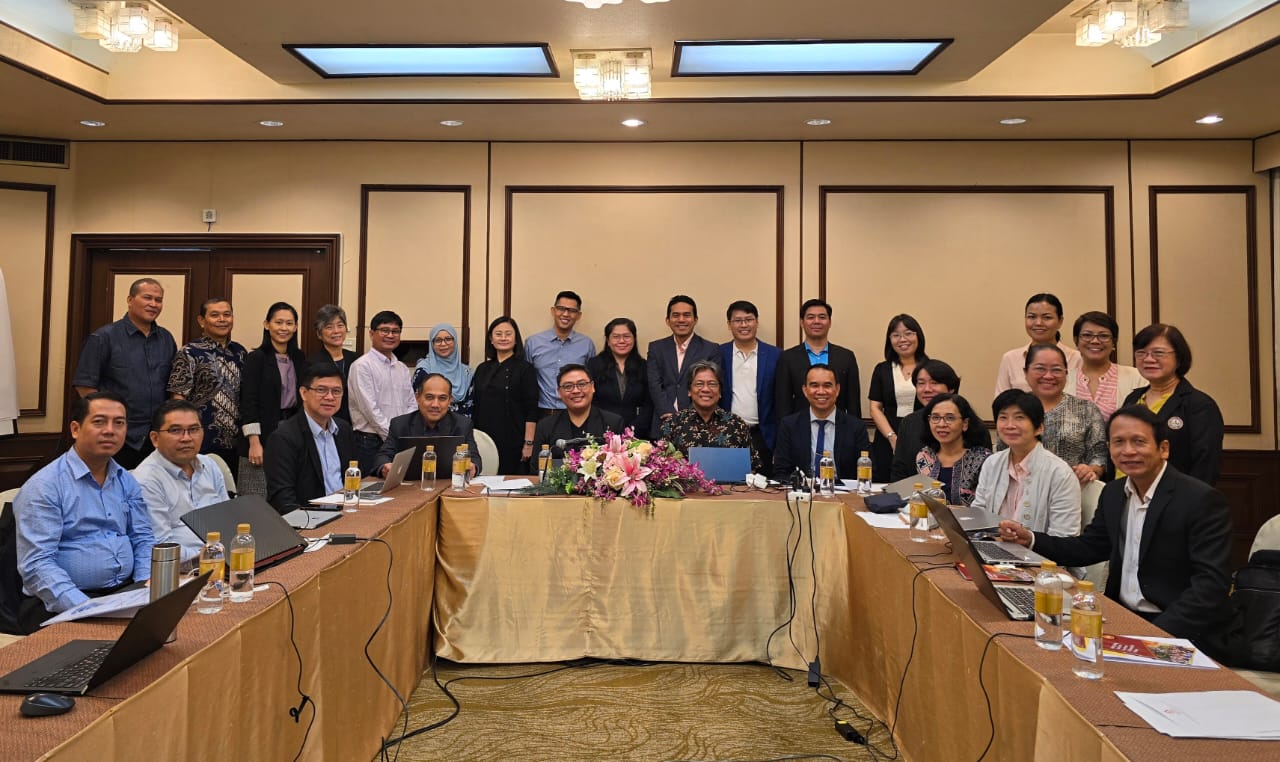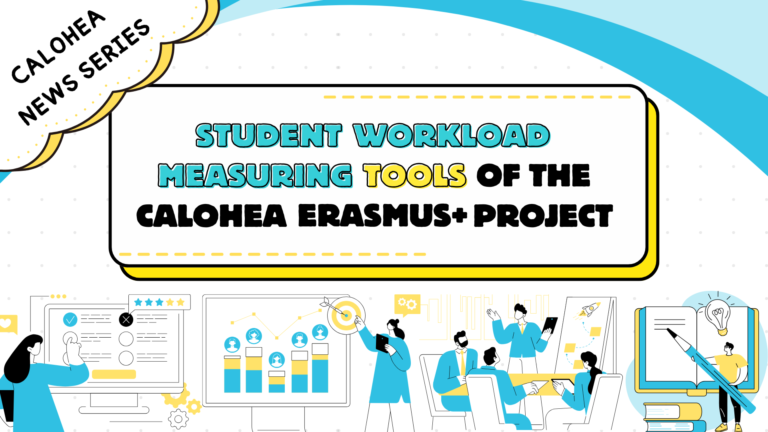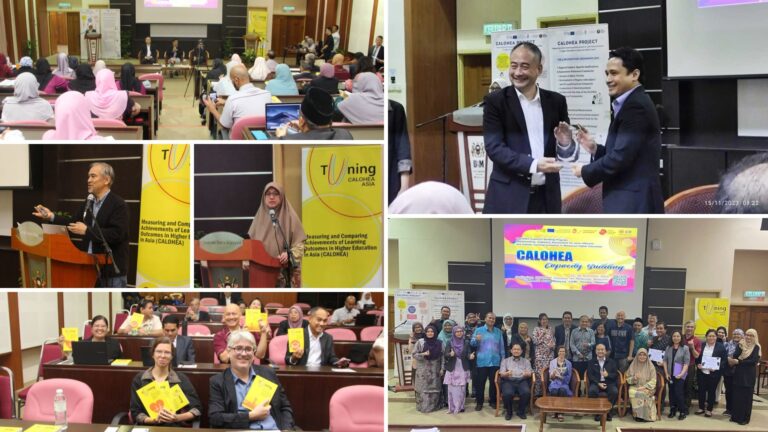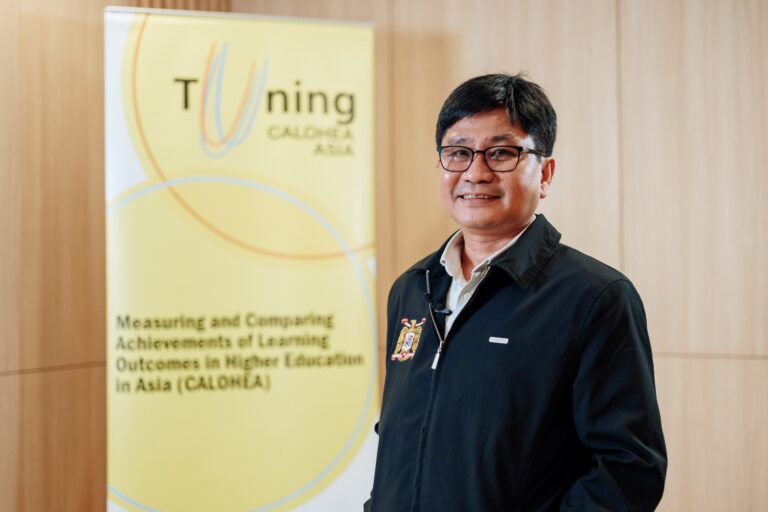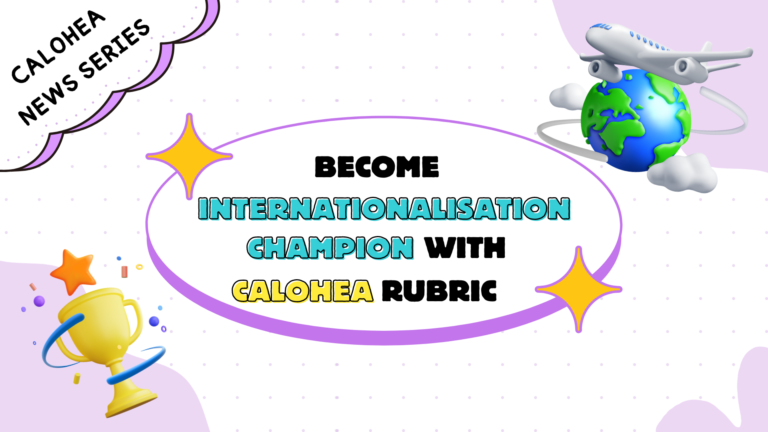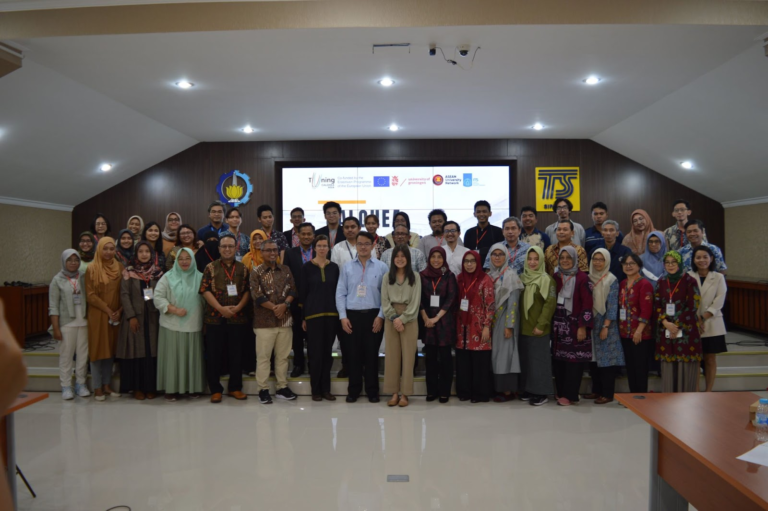Elevating Teacher Education Standards in Southeast Asia Through the CALOHEA Project
The CALOHEA project is revolutionizing Teacher Education in Southeast Asia by enhancing internationalization and academic program recognition. By focusing on a Qualification Reference Framework of competency-based learning, student workload, and authentic assessment methods, the project aligns the educational system with global standards to meet the evolving needs of preservice teachers in the region.
Incorporating competency-based learning ensures preservice teachers in Southeast Asia acquire the specific skills required for their professional roles. This shift prepares future educators more effectively by emphasizing the necessary knowledge, skills, and responsibilities. Authentic assessment practices further support this by providing practical, real-world exposure, ensuring preservice teachers are well-prepared for professional challenges.
A key aspect of the CALOHEA project is its approach to managing student workload. By effectively measuring and managing workload, the project creates a balanced academic experience that reduces stress and improves preservice teachers’ well-being and performance. This balance fosters an environment where future educators can thrive academically and personally, leading to a more effective and resilient teaching workforce.
For academic staff, the project encourages a shift toward teaching methods that develop specific competencies and skills in preservice teachers. Incorporating real-world scenarios into assessments, such as case studies and practical simulations, enhances teaching practices and engages preservice teachers more deeply. The CALOHEA mechanisms for measuring and comparing student learning outcomes are crucial in supporting the internationalization of higher education, assisting in the enhancement and review of policies and curricula to better prepare preservice teachers.
The CALOHEA project’s impact is substantial. Across Higher Education Institutions (HEIs) in the ASEAN region, curricula are being reviewed to incorporate and adapt elements of the CALOHEA recognition. This ensures programs align with international standards and meet the competencies required for preservice teachers. The process involves consulting with stakeholders in higher education, including faculty, industry experts, and policymakers, to integrate the CALOHEA recognition mechanism into curriculum design. Additionally, Authentic Assessment (AuA) is being implemented in some courses, with feedback from preservice teachers refining the approach.
Collaboration with the ASEAN University Network (AUN) and other ASEAN CALOHEA member universities is a key component of the project. This includes organizing seminars and national meetings to share best practices, discuss challenges, and develop strategies for effective implementation. These collaborative efforts build a cohesive approach to education across the region, promoting consistency and excellence in Teacher Education and benefiting preservice teachers by providing a broader educational experience.
Elevating teacher education standards through the CALOHEA project helps preserve and enhance the quality of preservice teachers in Southeast Asia. The project ensures these future educators meet international standards and possess the competencies needed to educate future generations. This commitment to quality attracts and retains talented individuals in the teaching profession and supports their ongoing professional development.
The CALOHEA project drives institutional improvements by refining educational programs and implementing authentic assessment methods, with faculty training to adapt to new practices. Nationally, it elevates Southeast Asia’s higher education standards and global reputation, attracting international students and faculty, and positioning the region as a hub for educational innovation. Regionally, it promotes competency-based learning and authentic assessments, enhancing graduate readiness and consistency across Southeast Asian countries, while establishing a framework for recognizing qualifications across borders, facilitating collaboration, and strengthening the Southeast Asian educational community.
The project has significantly helped in terms of standardization. By comparing and revising existing standards of Teacher Education in Southeast Asia, institutions are encouraged to evaluate and improve practices that may not meet current learning and teaching needs. The project promotes innovation and collaboration among institutions, leading to better education quality and more relevant teaching practices.
The CALOHEA project is driving significant improvements in Teacher Education across Southeast Asia, promoting internationalization, competency-based learning, and authentic assessment, ultimately enhancing the quality and effectiveness of education in the region.

